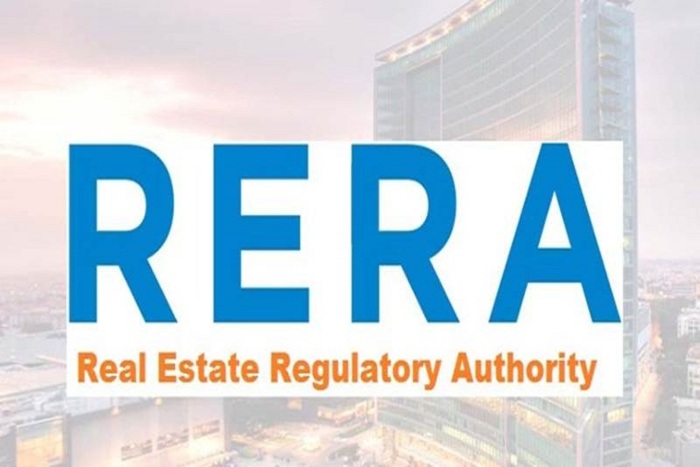
Kerala was one of the few states that joined the RERA bandwagon rather late. K-RERA has been constituted as per the parent Act which makes it compulsory to establish a Real Estate Regulatory Authority in each state and Union territory of the country. The law mandates every real estate project (where the total area to be developed exceeds 500 sq. metres or with more than eight apartments in any one phase) to get registered with the respective state’s RERA. It came into effect on 1st January 2020. We take a look at what RERA is and how it has impacted the real estate sector.
What is RERA?
RERA stands for the Real Estate Regulatory Authority. This was formed to bring about transparency in the real estate sector. The RERA Act was brought in to eradicate problems within the sector. It aims to reduce project delays and mis-selling. At present, all builders or developers must carry out RERA registration before they start a project.
What has RERA achieved so far?
With the implementation of the RERA Act, the buyer, who was in a vulnerable position, started making the best use of the RERA rules for claiming their rights over the return they are entitled to against the investment in real estate they have made. The main changes are:
- Post the implementation of the RERA Act 2017, no project can be advertised for unless it has undergone a RERA registration process.
- RERA number or registration number is public information which the RERA Act 2017, and who can not produce the number, consider that they are not RERA registered projects.
- You can also check the details of the project on the RERA website, anything mentioned over there, the buyers are entitled to get those.
- As per the RERA Act, the builders must sell any property based on the carpet area, not the built-up area or super built-up area.
In your agreement, all these sizes must be mentioned in clear words free from any ambiguity. - As per the new RERA Act, it is mandatory to deposit 70% of the total funds that must be deposited in an account. That account must be an escrow account.
- According to the rules of RERA India, the advance payment must not be more than 10% of the total cost of the area (flat/property/house) one is investing in the RERA project.
Impact on residential real estate segment
RERA Act has to a huge extent increased the transparency for the buyers. Historically, real estate funding depended on consumer funding. With RERA coming into effect, this practice has come to a halt. 75% of the funding received for a certain project, was to be deposited in escrow and full disclosures were required. The effects of RERA are being felt by the investors and it has been a positive change. This has given the consumer more rights.
We are RERA compliant
Malabar Developers, one of the leading and most trustworthy brands in the real estate sector in Kerala was one of the first to join the K-RERA. Our projects are RERA compliant adding to our firm commitment to the consumers and giving them the best. Contact us for more details.








